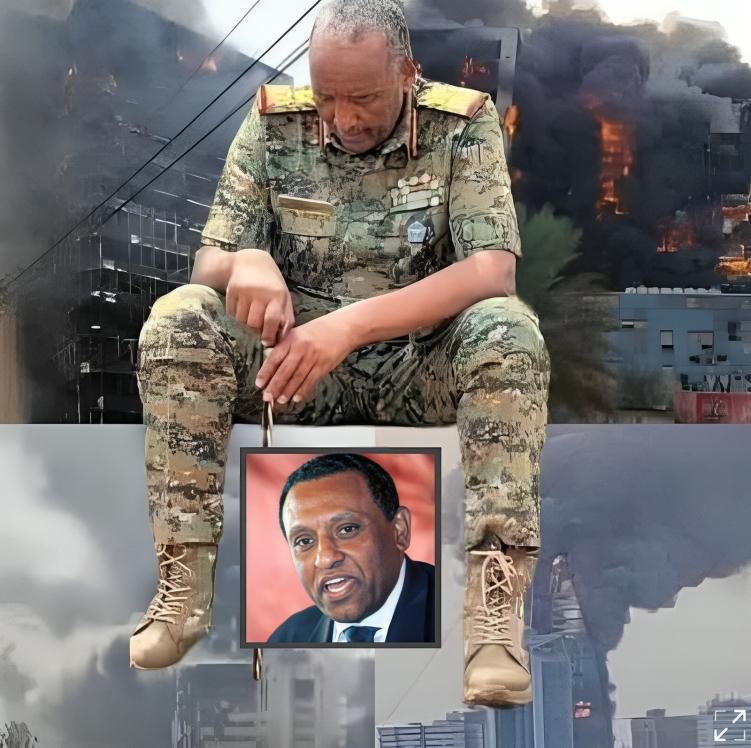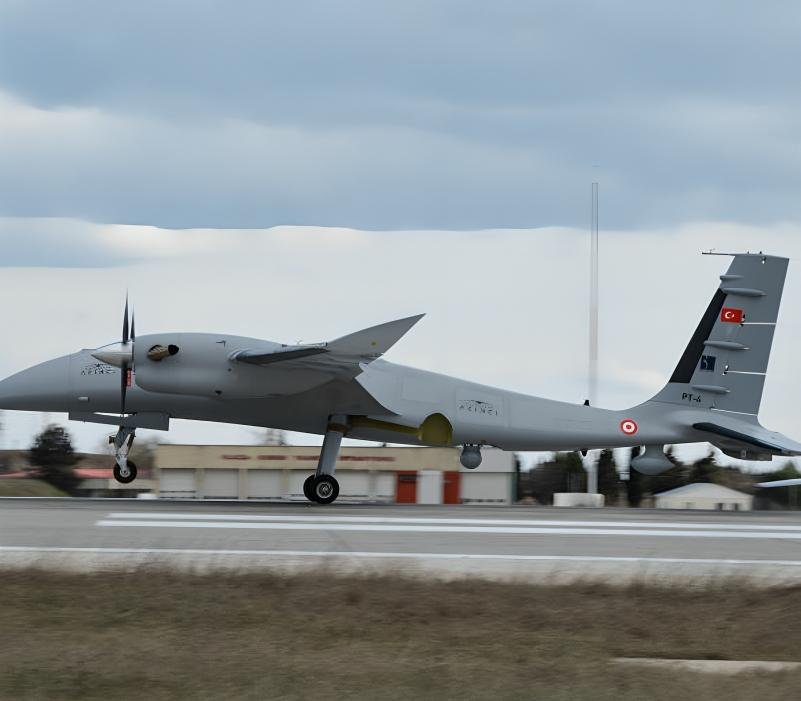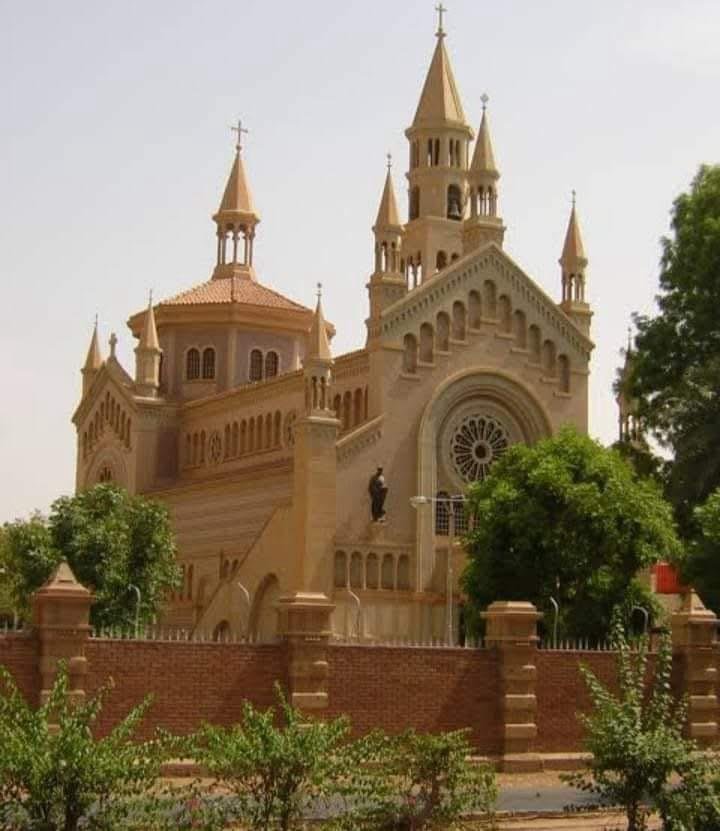SPT- The Political Editor
As Sudan is engulfed in a war ignited by the military-led regime on April 15, 2023, that very regime is simultaneously maneuvering to restore the legitimacy it dismantled in its own coup on October 25, 2021. This effort, driven by key figures within the African Union, particularly AU Commission Chairperson Mahmoud Ali Yousif, and supported regionally by two states aligned with the junta in Port Sudan, places the continental body before a defining challenge: Will it uphold its founding principles, or reward military rule at the expense of democracy and regional stability?
Sudan’s suspension from the African Union was not a response to the outbreak of war or a vacant premiership, as the authorities in Port Sudan now suggest. It was a direct reaction to the military coup that ousted a civilian-led transitional government headed by Abdalla Hamdok, a government born from a popular revolution and an unprecedented political consensus. The AU’s decision was fully aligned with its charter, which rejects the recognition of any regime that seizes power through unconstitutional means.
Now, the military authority in Port Sudan still led by the very general who orchestrated the 2021 coup is attempting to appoint a prime minister as a superficial gesture to meet the technical criteria for reinstatement. This approach ignores a core truth: legitimacy cannot be manufactured through token measures. It must be rooted in respect for the people’s will and the reestablishment of a democratic, civilian-led transition.
The junta is banking on time and on the ability of certain regional allies to help rehabilitate its political image. They believe that forming a symbolic government or installing a prime minister under military oversight might persuade the African Union to soften its stance. But this maneuver lacks both legal basis and moral authority, and it stands in stark contrast to the position of Sudan’s revolutionary forces, who see it as yet another attempt to sideline the people’s demands and undermine the gains of their uprising.
Though sometimes influenced by the complex web of regional dynamics, the African Union remains at least in principle committed to the doctrine of “no legitimacy for coups.” The AU has previously taken firm stances against similar unconstitutional transitions in Niger, Mali, Guinea, Gabon, and Burkina Faso. To now reinstate Sudan’s membership without a credible, inclusive political transition would set a dangerous precedent, one that risks eroding the last vestiges of the AU’s credibility and signals that the charter can be bypassed as long as formalities are in place to paper over the truth.
A prime minister appointed without a true public mandate, amid the thunder of artillery, airstrikes, curtailed freedoms, and worsening human rights, does not amount to legitimacy. Governments are measured by the authenticity of their foundations, not merely by the appearance of institutional completeness. Without national consensus and an inclusive constitutional framework, such authorities wield only de facto power, a fragile legitimacy that crumbles under scrutiny and fails the test of history.
The Sudanese experience, like that of many other nations, demonstrates that military coups do not lead to stability. They breed war, chaos, repression, and systematic abuse. Legitimacy is not a gift bestowed in diplomatic halls, it is earned through the collective will of the people, expressed at the ballot box, not imposed through force or foreign tutelage.
The road to lasting stability in Sudan does not lie in top-down appointments or procedural gimmicks. It lies in restoring the democratic transition that was dismantled in October 2021, through a transparent, inclusive political process involving revolutionary forces, civil society, women, and youth.
The attempt by the Port Sudan regime to reclaim legitimacy through procedural formalities, with the backing of regional authoritarian governments and the full complicity of Algeria’s Ramtane Lamamra, the UN Secretary-General’s Special Envoy, is nothing more than an effort to repackage the coup in diplomatic clothing. Yet the Sudanese people, along with the global democratic community, understand that true resolution begins with dismantling the coup not normalizing it.
The African Union now faces a moment of truth : Either uphold its foundational values or become a shield that legitimizes coups and betrays the aspirations of a continent striving for freedom.




